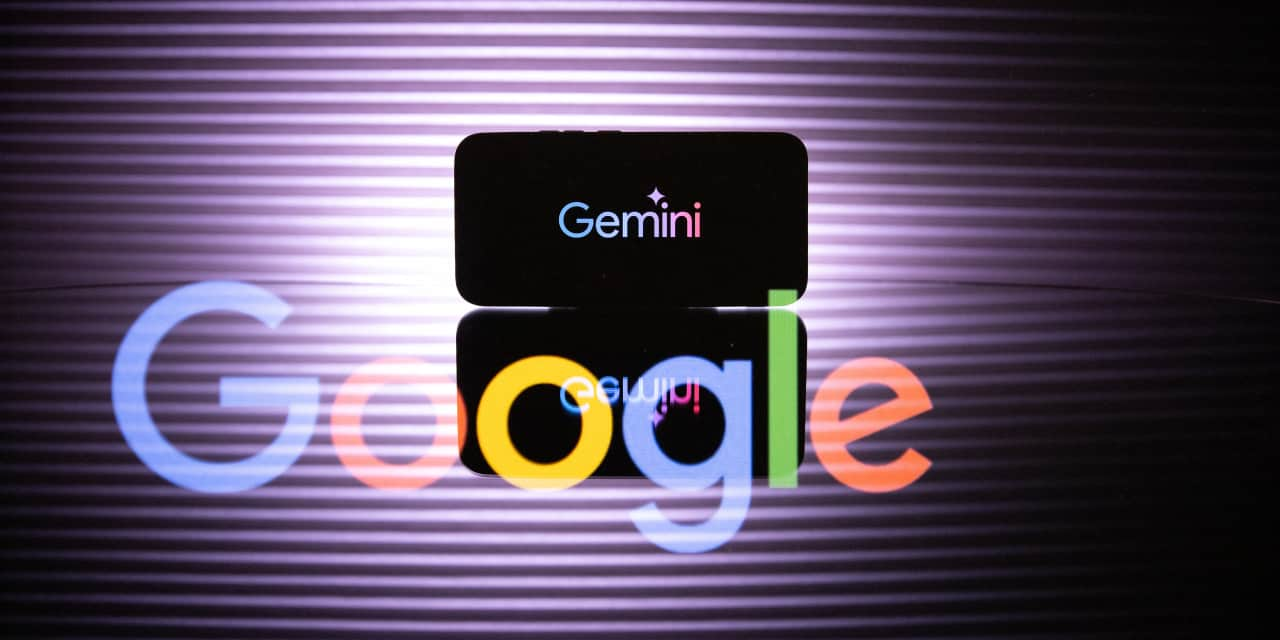Google's Gemini Leads App Store in Nano Banana Frenzy—Is ChatGPT at a Crossroads?

The Rise of Google Gemini and the AI App Battle
Over the weekend, Google's Gemini artificial-intelligence assistant made a significant leap in popularity, becoming the most downloaded free iPhone app. This surge was largely driven by the introduction of a new image-editing feature called Nano Banana. The development highlights the growing competition among generative-AI platforms, with Gemini surpassing ChatGPT to claim the top spot on Apple Inc.’s U.S. App Store.
Since its release on August 26, Gemini has attracted 23 million users and processed over 500 million images. While ChatGPT still holds the largest market share for generative-AI usage, the success of Nano Banana may signal a shift in user preferences. Richard Windsor, founder of research firm Radio Free Mobile, suggests that this could reveal vulnerabilities in ChatGPT’s dominance.
Windsor points out that Google has a long-standing advantage in computational photography, which involves using software and AI to enhance digital images. This expertise, developed over more than a decade, gives Google an edge over competitors like OpenAI and Anthropic.
How Nano Banana Works
Nano Banana allows users to upload original images and prompt Gemini to make changes. It also enables blending photos together. One of the key strengths of Nano Banana is its ability to maintain subject consistency, ensuring that people and objects remain visually consistent even after multiple editing sessions. This addresses a common challenge in AI-generated images, where accuracy can be an issue.
While Windsor acknowledges that OpenAI currently holds an advantage in generating images from text prompts, he believes that Gemini's image-manipulation capabilities could help it attract more users. If Google can build traction within the Gemini app for image manipulation, it could significantly increase the chances of users adopting other features of the platform.
Market Share and User Satisfaction
According to an Evercore ISI survey, 53% of respondents reported using ChatGPT, while 43% used Gemini. However, Evercore ISI analyst Mark Mahaney noted that Gemini users showed high satisfaction with their experience. He pointed out that ChatGPT has not demonstrated a significant difference in the quality of its search results, suggesting that its lead is not as secure as it might appear.
Windsor believes that Nano Banana could be the breakthrough that helps Gemini gain market share from ChatGPT. By leveraging its expertise in image manipulation, Google could attract users who then explore the broader suite of AI tools available in Gemini.
The Growing Importance of Image Creation
Image creation and manipulation have become the third most common use case for chatbots, following general queries and learning a skill or task. As of May 2025, ChatGPT held a slight lead in image creation among users, according to Evercore ISI. However, the strong reception of Nano Banana could give Gemini a significant advantage, using superior image-manipulation features as a gateway to attract users.
If Gemini were to overtake ChatGPT as the top consumer AI application, the consequences for OpenAI could be severe, according to Windsor. He stated that OpenAI’s valuation and outlook depend on becoming the largest consumer AI ecosystem.
The App Store as a Battleground
The App Store has become a battleground for AI chatbots competing for consumer attention. Recently, Elon Musk filed a lawsuit against Apple, alleging that the App Store unfairly favored ChatGPT over xAI’s Grok by artificially ranking ChatGPT as the No. 1 suggested app. This legal dispute highlights the intense competition in the AI space and the importance of visibility on major app platforms.
As the race for AI dominance continues, the success of features like Nano Banana could shape the future of AI applications and redefine user preferences in the coming months.

Posting Komentar untuk "Google's Gemini Leads App Store in Nano Banana Frenzy—Is ChatGPT at a Crossroads?"
Posting Komentar